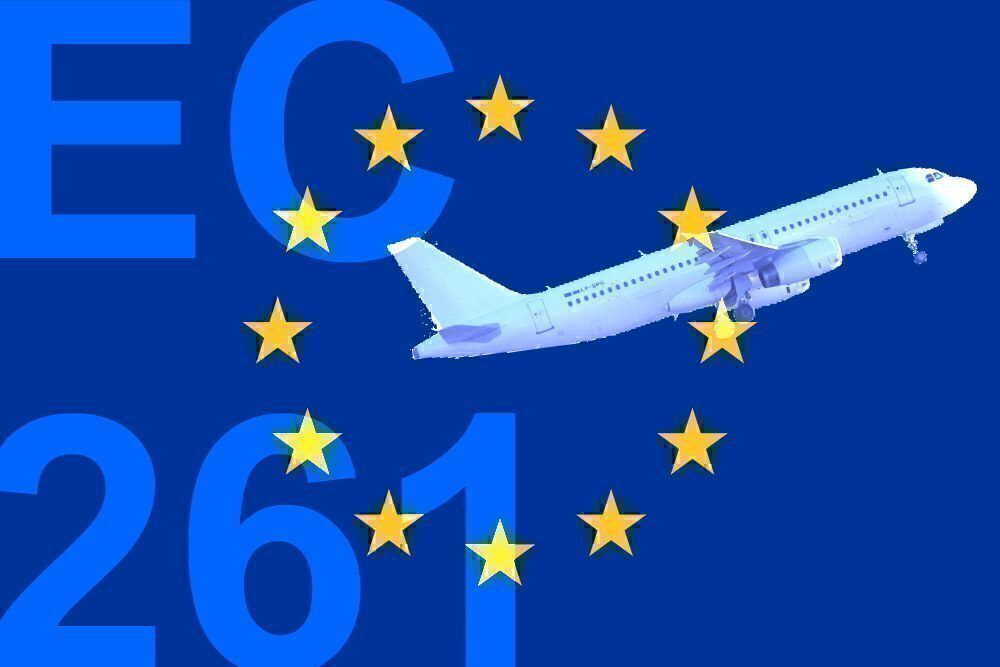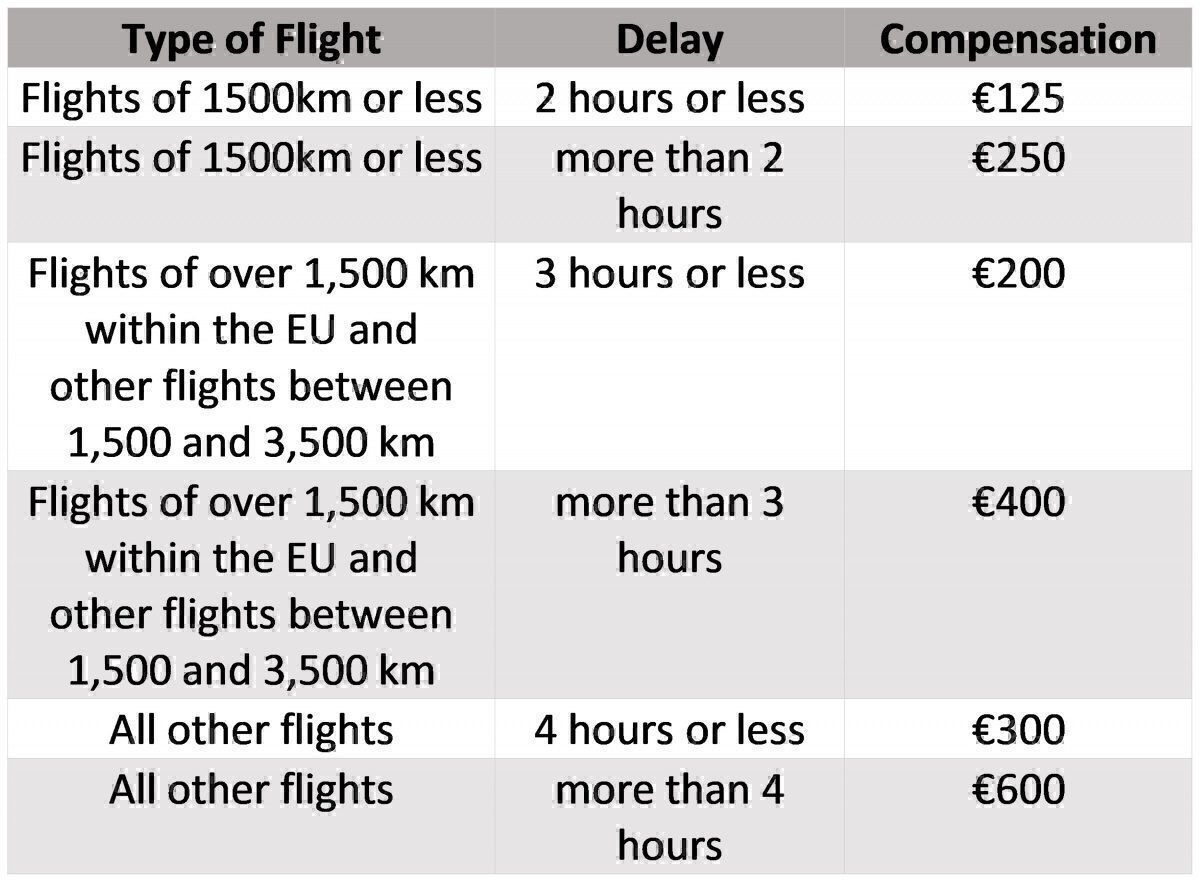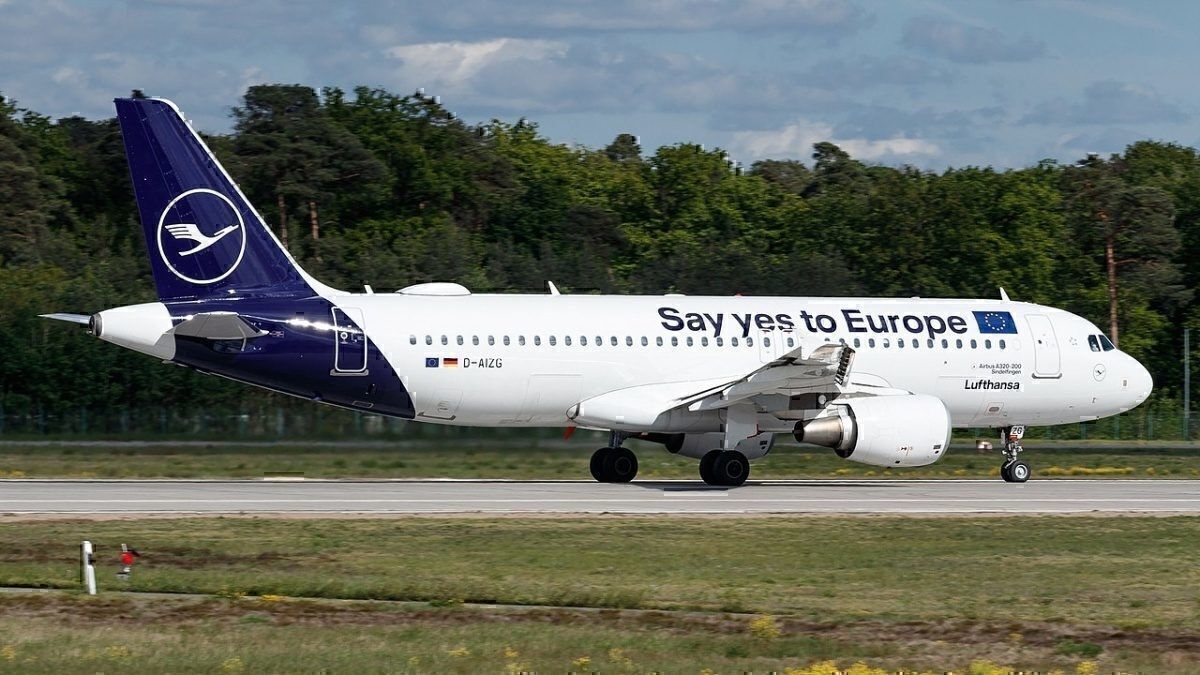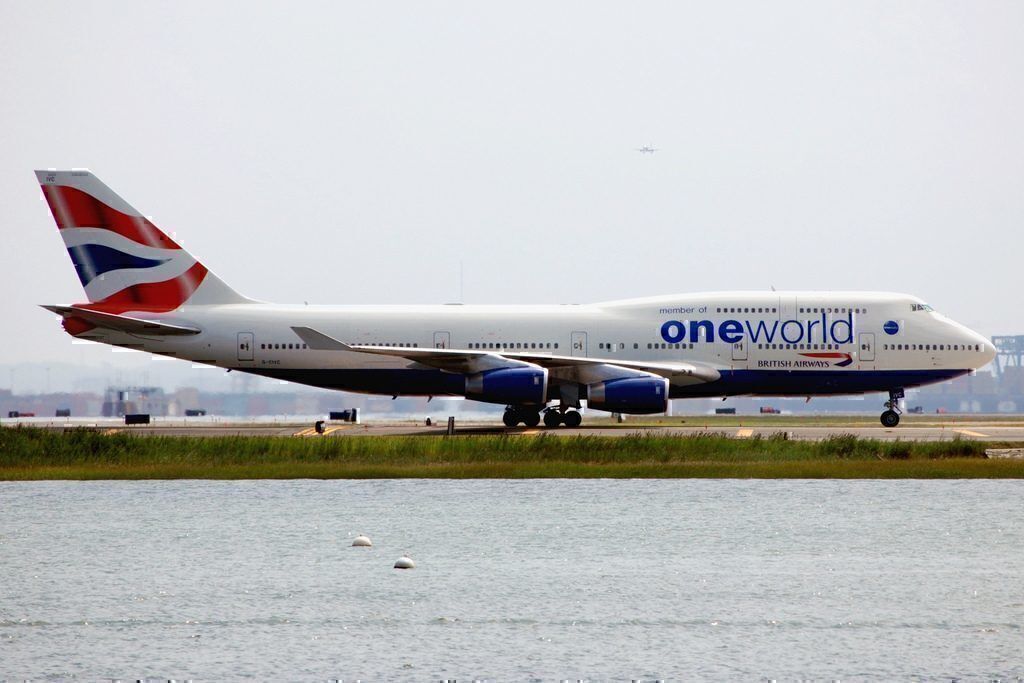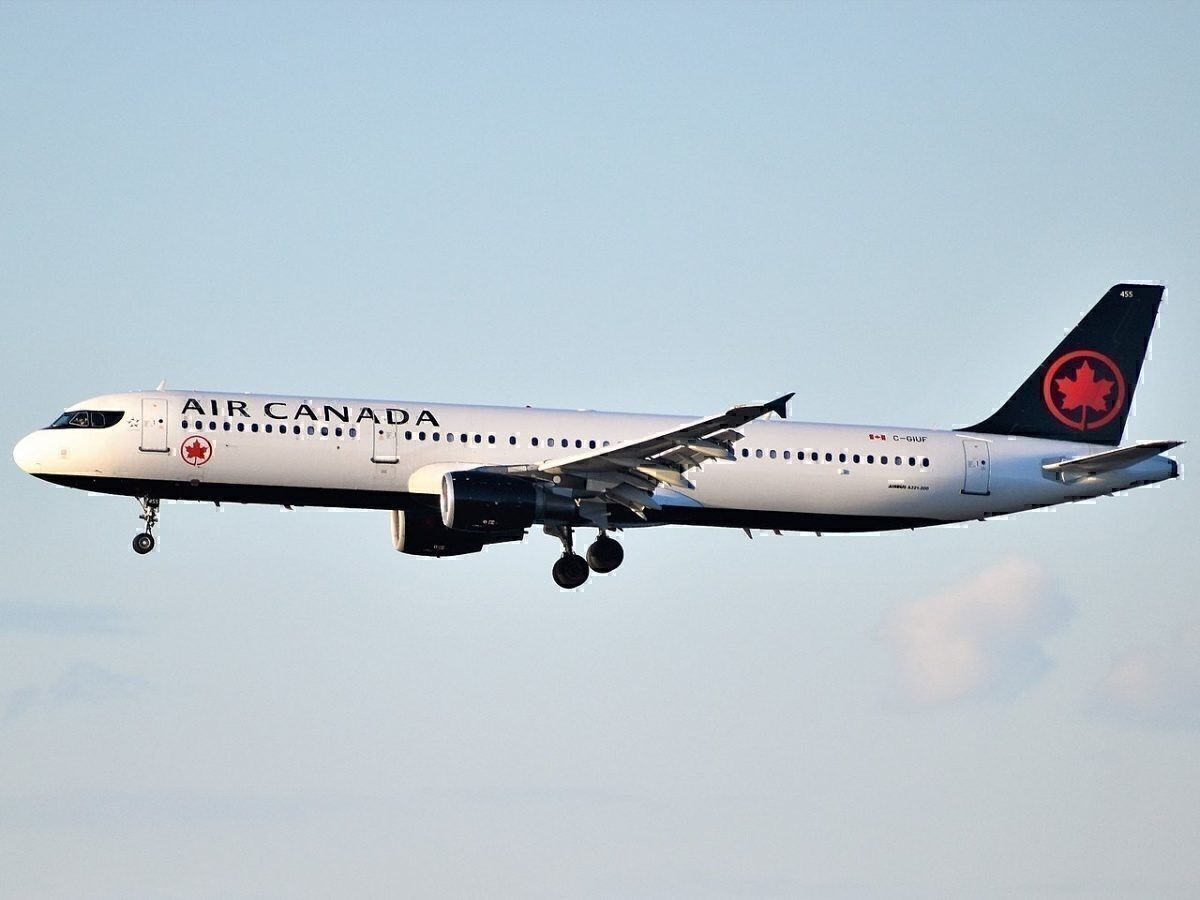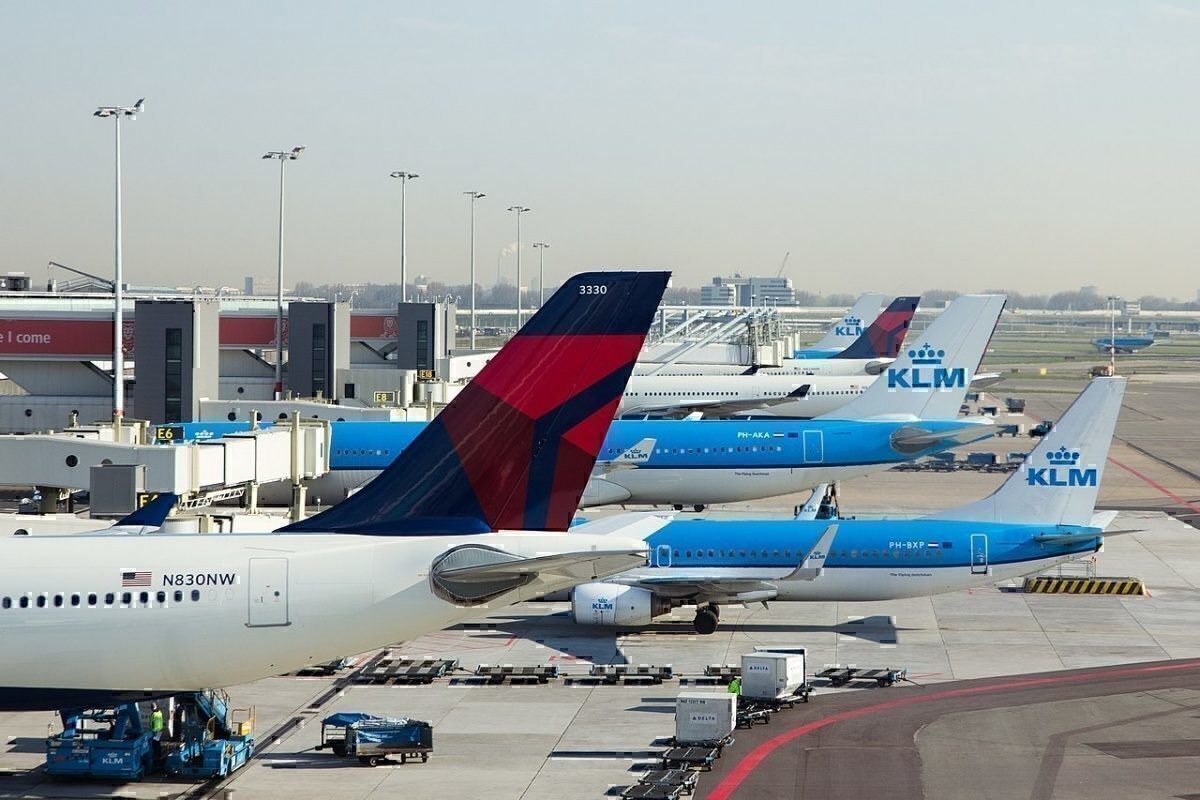European Union (EU) passenger rights and consumer protections in general are some of the most stringent in the world. A recent European Court of Justice (ECJ) decision has, however, created the possibility of extending these rights beyond flights strictly going to, and from, an EU airport. Here we review the Flight Compensation Regulation, examine the recent ECJ decision, and ponder future developments.
Reg. (EC) 261/2004 - what is it?
EC 261, hereinafter "the regulation", was established on the 11th of February 2004. The objectives of the EU were to establish the minimum rights for passengers who are either denied boarding against their will, or whose flights have been delayed or canceled.
The regulation applies to any passenger departing from an EU member state, and to any passenger departing from a non-EU state to an airport within the EU. There are however some exceptions to EC 261's scope. For example, Gibraltar Airport is not covered by the regulation while, Switzerland, although not an EU member, is.
As for compensation amounts. Passengers whose flight is delayed are entitled to receive compensation as follows:
Additionally, the regulation sets out passenger rights concerning delays over five-hours, and any responsibilities carriers may have in their duty of care.
ECJ C-502/18 - extending EC261
On July 11th, 2019, the ECJ published a decision stating that connecting flights on a single reservation, originating from an EU airport, are subject to EC 261 if the final leg is delayed.
The Court came to this decision when it was asked if eleven passengers flying from Prague to Bangkok via the UAE were entitled to EU compensation when the last leg, AUH-BKK, operated by Etihad, was delayed by eight hours.
The case had a few important facts which need to be considered. Firstly, all flights (PRG-AUH, AUH-BKK) were sold under one, Czech issued, reservation. Secondly, the first leg, PRG-AUH, was operated by Czech Airlines. And lastly, the AUH-BKK leg, although operated on Etihad metal, was a code-share flight with Czech.
In coming to this decision, the Court reaffirmed that the regulation applied to any flight originating in the EU. This was regardless of where the final destination or stopover was located.
Additionally, the court noted that an "operating air carrier", for the purposes of the regulation, constitutes an entity which has a contract with a passenger. In this case, the operating carrier was Czech Airlines, while Etihad was operating on behalf of Czech.
The Courts concluded that the passengers were entitled to EC 261 compensation. And that Czech Airlines, as the "operating carrier", was to be responsible for payments.
Significance of the ruling and future developments
The ECJ's decision acts as the supreme interpretation of EU law and is binding for national courts. Hence, from now on, any similar cases will have to be adjudicated in the same way. To those familiar with common law, this ruling is akin to a precedent.
For large airlines with large code-share agreements, the ECJ decision in undoubtedly significant. For, they may not only become liable for their own operations but also those of their partners.
Hypothetical one: EU to USA
Say, for example, I book a flight Frankfurt to Phoenix through Chicago on Lufthansa's website. My itinerary could look like this:
- FRA-ORD (LH4 30) operated by Lufthansa
- ORD-FRA (LH 7878) operated by United (UA 1603)
Should my last leg operated by United be delayed, based the decision of C-502/18, I should be able to claim EC 261 compensation from Lufthansa, as the contracting carrier.
Provided that the United States has no federally mandated delayed flight compensation entitlements, requesting EC 261 shouldn't prove to be an issue.
Hypothetical two: EU to Canada
But what if I was flying to Canada, which has its own Bill of Passenger Rights?
In keeping with the Lufthansa example, say I booked the following flights on their website as one itinerary:
- FRA-YUL (Montreal) (LH 478) operated by Lufthansa
- YUL-YYC (Calgary) (LH 6558) operated by Air Canada Rouge (AC 323)
Should my last leg, operated by Air Canada, be delayed by four hours I would be entitled to €400 (CAD $587) under EC 261 or, $400 (€272.5) under the Canadian laws.
According to EC 261 Article 3 (1), the regulation applies:
a) to passengers departing from an airport located in the territory of a Member State to which the Treaty applies;
b) to passengers departing from an airport located in a third country to an airport situated in the territory of a Member State to which the Treaty applies, unless they received benefits or compensation and were given assistance in that third country, if the operating air carrier of the flight concerned is a Community carrier.
What is clear from the regulations, and subsequent ECJ decision, is the applicability of EC 261 to any flight departing the EU. What is also clear, is the applicability of EC 261 when a competing scheme exists for a flight is departing from a third country destined to the EU.
What is less clear in a general sense, however, is what happens when a passenger is theoretically entitled to compensation under two schemes? For example, EU 261 and the Canadian Bill of Passenger Rights.
Which laws, if any, take precedent? The regulations of the departing jurisdictions, or those in the destination? Will we see a redefining of EC 261 Art 3 (1) (a) to reflect the limitations set out in Art 3 (1) (b)? Are passengers entitled to double compensation? Only time, and legal decisions, will tell.

